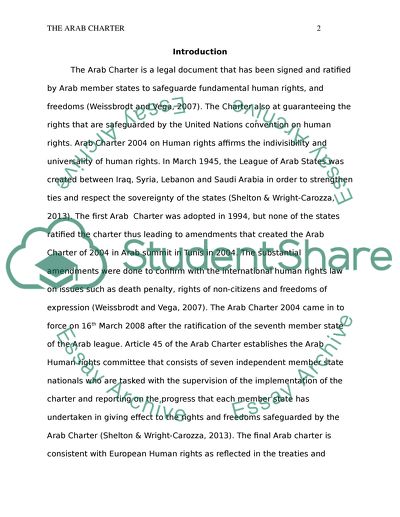Cite this document
(“The Arab charter Essay Example | Topics and Well Written Essays - 2250 words”, n.d.)
The Arab charter Essay Example | Topics and Well Written Essays - 2250 words. Retrieved from https://studentshare.org/law/1498781-the-arab-charter
The Arab charter Essay Example | Topics and Well Written Essays - 2250 words. Retrieved from https://studentshare.org/law/1498781-the-arab-charter
(The Arab Charter Essay Example | Topics and Well Written Essays - 2250 Words)
The Arab Charter Essay Example | Topics and Well Written Essays - 2250 Words. https://studentshare.org/law/1498781-the-arab-charter.
The Arab Charter Essay Example | Topics and Well Written Essays - 2250 Words. https://studentshare.org/law/1498781-the-arab-charter.
“The Arab Charter Essay Example | Topics and Well Written Essays - 2250 Words”, n.d. https://studentshare.org/law/1498781-the-arab-charter.


